Proposition 1: YES
California Council of Churches IMPACT has long been well known for thoughtful deliberations on non-partisan ballot measures. We arrive at these decisions to recommend or oppose measures based on our existing Legislative Principles derived from many hours of discussion and discernment among our diverse denominational Board members. We try to interpret secular policy through the lens of our faith values with a devotion to democracy and our Constitutions, state and federal as well.
As with the medical profession, we begin with the premise, “First, do no harm.” We then proceed from that point to find the best reactions to thorny and often confusing measures, always keeping in mind our mission statement to be a prophetic witness to the Gospel by advocating in the public policy arena for justice, equity, and fairness in the treatment of all people, in particular those most vulnerable in our society.
This year there are seven propositions, fewer than in some years. They represent a wide range of topics but contain issues of concern for us all. We have done our best to find the most helpful, least harmful recommendations. We hope these are of help to you.
Proposition 1 Recommendation: Support
Behavioral Health Services Program and Bond Measure
A homeless man, obtaining care from his assigned clinic, was offered mental health counseling. He said, “I don’t need it. I’m not crazy!” His doctor asked how long he’d been homeless, and it was a few months. The physician said, “Wait another 6 months. You will be.”
The mere fact of homelessness is contributory to the rise in mental health illnesses. Social isolation, fear, daily uncertainty, physical illness, aging without resources – all kinds of factors contribute to a loss of good mental health. Add to that an increased use of addictive substances to dull that pain, and society has a crisis needing addressing.
In 2004 the Mental Health Services Act provided a 1% tax on incomes over $1 million to be used to expand mental health services statewide. The demand has always exceeded that supply of resources. After Governor Ronald Reagan closed mental health hospitals, community-based services were to expand, but even then the need outstripped the resources. The current crisis, not fully known, must be tackled better and more holistically than it has been.
Proposition 1 is the referendum to voters concerning the elements of two bills passed in late 2023. One would expand and change the scope of the 2004 law. The other would provide supportive housing for those with mental health issues including veterans now living on the streets.
The bond portion of Proposition 1 would issue $6.8 billion for housing including $4.4 billion for mental health facilities including drug and alcohol treatment. The alterations in the 2004 program would allocate a larger portion to the state and add to housing intervention programs for the mentally ill.
This is partly the program, “Housing First” but is not housing without intervention. It will have wrap around services attached so that those who qualify will also be required to get the mental health care they need.
Proposition 1 is creating bed space and efforts to increase the expansion in the numbers of mental health professionals in order to extend “5150” 72-hour holds that now are fairly ineffective. Proposition 1 is designed to improve the likelihood of actually treating patients.
However, for some in the mental illness advocacy community, there is resistance to this Proposition from longtime fears of gross negligence, maltreatment. No one, even today, forgets the horrors of past cases of mistreatment while in involuntary confinement. Parents committed their children for political differences, people without advocates were violently restrained and even killed. Untrained and underpaid staff were not competent to deal well with many patients, and needless deaths and injuries added to the misery within institutions. Proposition 1 seeks to make sure that rancid legacy does not recur.
With these abuses in mind, this Proposition also expands the Oversight Commission from 16 to 27 members including those from communities of people impacted by severe mental illness. The diversity of this body should – SHOULD – help create standards that are patient oriented and humane.
It is clear to California Council of Churches IMPACT that something serious needs to be done to address the growing crisis in mental health. Small adjustments will not help. Although we initially opposed Proposition 4 as a drain on the General Fund, it is now well established and needs expansion and reforms not abolition.
We think that the bills that comprise Proposition 1 have mostly adequate safeguards to avoid a repetition of the worst abuses of the past. Offering resources for community treatment and increased bed space for longer term treatment seem essential. It is also clear, however, that the community-based programs will not have the same level of funding as they do now. This could, if the case load does not reduce from the in-patient treatment, cost counties more money than they pay out now.
Whether a reduction in the numbers those needing outpatient care are offset by providing more longer term care, the scope of service demand is not now entirely clear and won’t be for some time. It IS clear that there is a huge demand for longer term care since 72-hour holds cannot usually obtain compliance for further treatment. For those of us witnessing breakdowns daily, the need for more compulsory holds with actual treatment, not just pretense, is obvious. Having actual physical resources for that care will be essential.
The ethical standards of care for emergency providers looking at longer-term holds are already matters of law and professional performance. (Western Journal of Emergency Medicine, 2013) The decision to hold someone and enforce treatment is a serious responsibility, but the standards of treatment are of long standing and designed to produce actual help to people unable to make clear decisions for themselves. Were those standards not in place, this would be ethically and medically untenable.
For us the largest concern is not this proposition per se but its enactment by counties. God is in the details, and if a county does not live up to the law and ethics of the mental health profession, it is on the residents of the county to assure compliance. That is true of every service offered in our state. It comes down to the counties to enact what the state passes. And that requires our eternal vigilance at the level of service provision. Passing Proposition 1 is just the beginning. We must also make a pledge to keep vigilant over what and how services are deployed in our counties.
With that caveat in mind, we urge the passage of this service expansion and housing bond act.
Spread the Word!
We encourage members and friends to distribute these ballot guides from now until the election through “IMPACT Sundays.” More information on IMPACT Sundays is available on our website. We thank you for your interest in encouraging active deliberation on these and all issues that affect our democratic process and our moral perspectives as people of faith. If you find these recommendations helpful, please help defray the cost with a contribution to California Council of Churches IMPACT. You can help us by making sure we have your email address! Because of the cost of postage, we must cut costs by sending our mailings electronically. Please sign up by clicking the “Join Our Mailing List” button on our website!
| ca_impact_march_2024_ballot_guide.pdf |



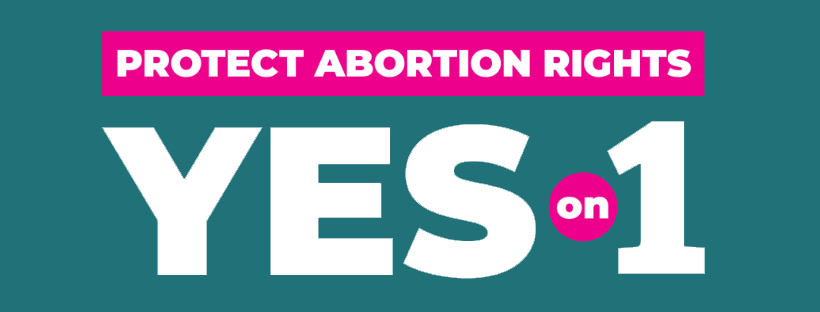
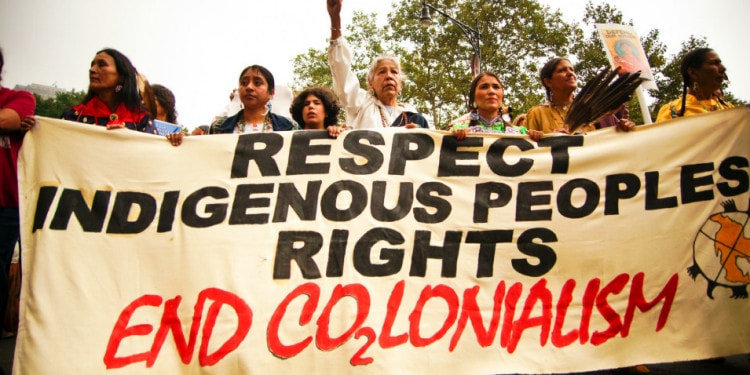
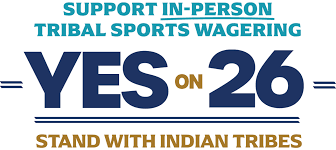
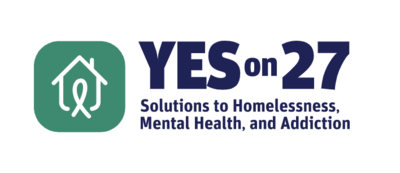
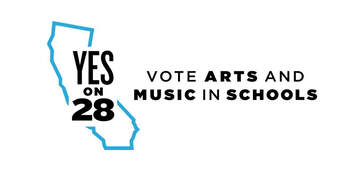


 RSS Feed
RSS Feed